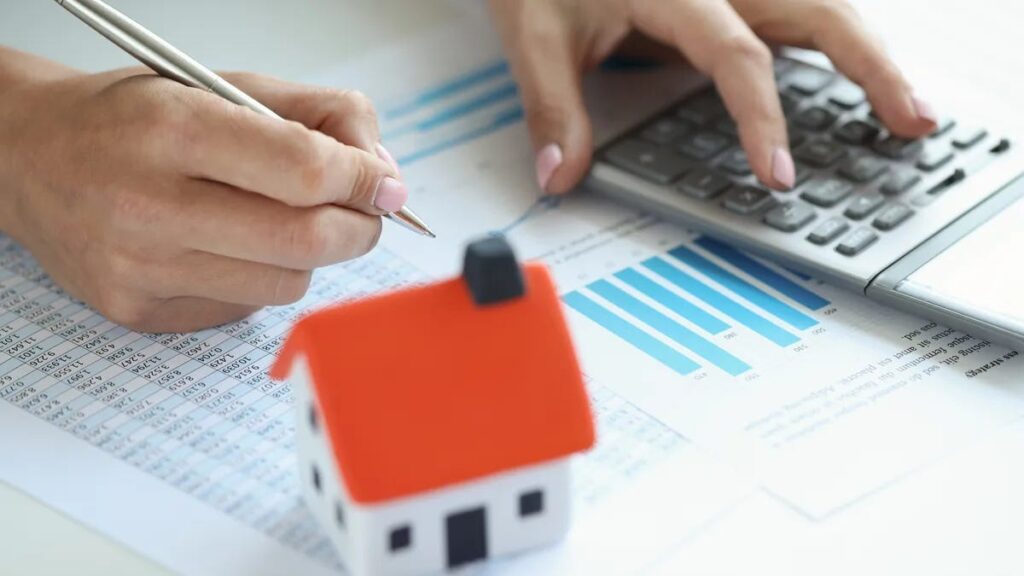Navigating the world of home loans can often feel like trying to decipher an ancient language. Second, mortgage loans are valuable and complex financing tools among the various options available. This guide aims to demystify second mortgage loans, breaking down what they are, how they work, and why you might consider one. We’ll walk you through the essentials, ensuring you have the knowledge to make informed decisions about your financial future.
What is a Second Mortgage?
A second mortgage is essentially an additional mortgage on a property already mortgaged. This type of loan allows homeowners to borrow against the equity they’ve built in their home. Equity is the difference between the current market value of your property and the amount you owe on your first mortgage.
How Does It Work?
Second mortgages are secured loans, meaning your home is collateral for the borrowed amount. They can come as a lump sum (often called a home equity loan) or a line of credit that you can draw on as needed (known as a home equity line of credit or HELOC).
Interest rates on second mortgages are typically higher than those on first mortgages because the lender takes on more risk. If you default on your loans, the first mortgage gets paid off before the second, making the latter a riskier proposition for lenders.
Reasons for Considering a Second Mortgage
Debt Consolidation
One of the most common uses of a second mortgage is consolidating high-interest debt. By paying off multiple debts and consolidating them into a single, lower-interest loan, you can save on interest payments and manage your finances more effectively.
Home Improvements
Investing in your home can increase its value, enhance your living experience, or even reduce energy costs. A second mortgage can provide the funds needed for significant renovations or repairs.
Education or Investment
A second mortgage can offer the necessary capital, whether you’re looking to cover education expenses or invest in opportunities that could yield a high return.
Risks and Considerations
Taking out a second mortgage is not a decision to be made lightly. It’s essential to consider the risks involved, including the possibility of losing your home if you cannot make payments. Additionally, the costs associated with obtaining a second mortgage—such as appraisal fees, origination fees, and closing costs—should not be overlooked.
How to Choose the Right Second Mortgage
Understanding your financial situation and goals is the key to choosing the right second mortgage. Consider the interest rate, repayment terms, and associated fees. It’s also crucial to compare offers from multiple lenders to ensure you’re getting the best deal.
For those interested in exploring second mortgage options further, resources like https://diversefunding.com.au/second-mortgage/ can provide valuable information and guidance. These platforms provide insights on how to get a second mortgage, covering the application process, various types of second mortgages, and tips for securing the best terms.
Preparing to Apply for a Second Mortgage
Check Your Credit Score
Lenders will review your credit score to determine your eligibility and interest rate. A higher credit score can help you secure a loan with more favourable terms.
Assess Your Equity
To qualify for a second mortgage, you’ll need a significant amount of equity in your home. Most lenders require that you maintain at least 20% equity after taking out the loan.
Gather Financial Documents
Be prepared to provide detailed financial information, including income verification, tax returns, and documentation of your debts and assets.
Conclusion
Second, mortgage loans can be a powerful financial tool when used wisely. They offer a way to leverage the equity in your home for various purposes, from debt consolidation to home improvement projects. However, before deciding to take out a second mortgage, you should carefully consider the potential risks and benefits.
Remember, every financial situation is unique, and what works for one homeowner may not be the best choice for another. It’s always advisable to consult with a financial advisor or mortgage specialist to understand the implications fully and ensure that a second mortgage aligns with your long-term financial goals.
In the end, knowledge is power. By arming yourself with information and carefully weighing your options, you can make decisions that support your financial well-being and help you achieve your objectives.






